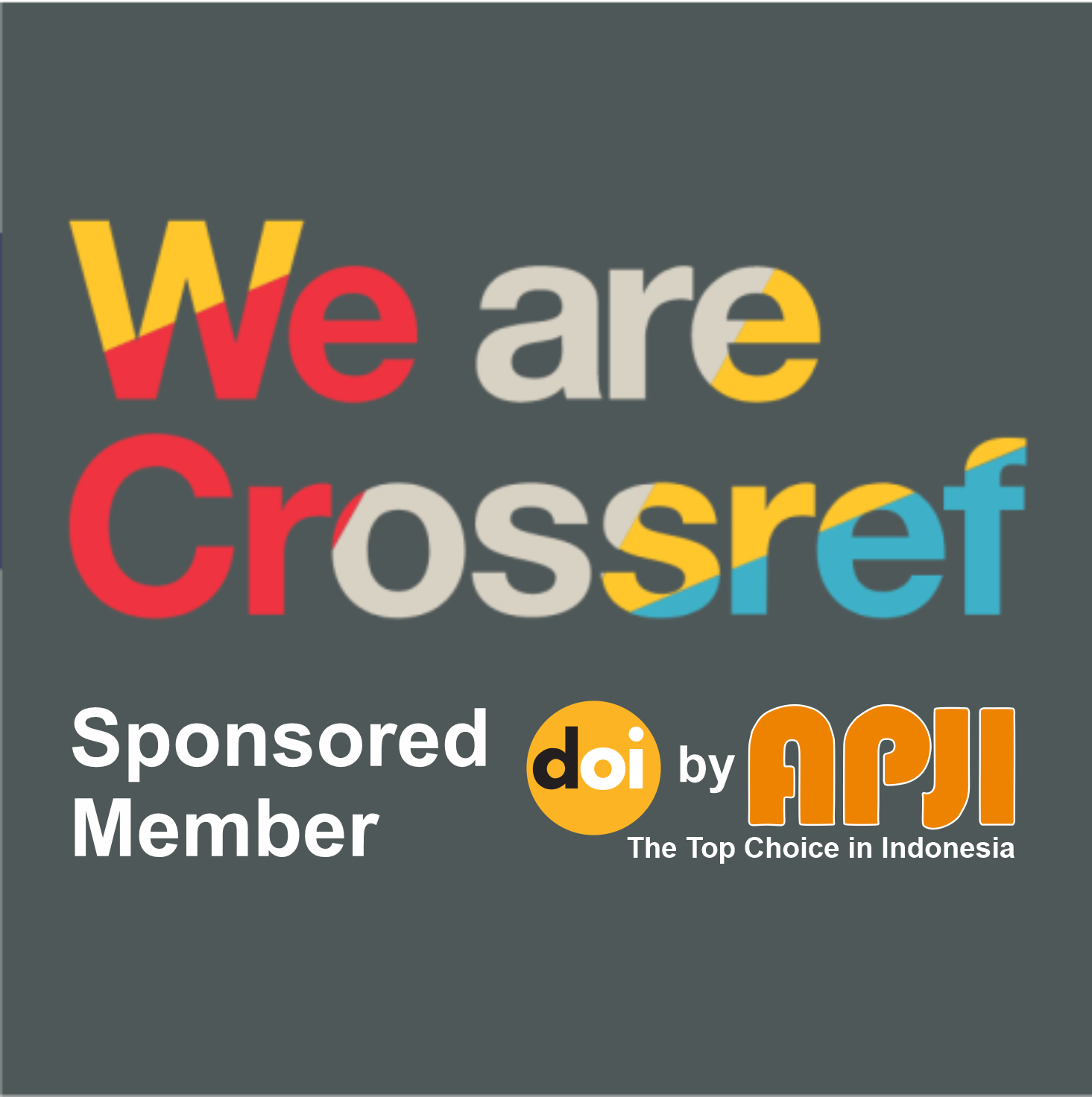Progressive Islam Amidst the Currents of Modernization: a Critical Study of Fazlur Rahman’s Thought
Keywords:
Fazlur Rahman, Modernization, Progressive Islam, Qur’anic HermeneuticsAbstract
Modernization has posed serious challenges to the continuity of religious values, including Islam, in responding to contemporary social and intellectual dynamics. One prominent figure who addressed these challenges constructively is Fazlur Rahman, a modernist Muslim thinker who offered a hermeneutical approach to Islamic texts. This article aims to critically examine Fazlur Rahman’s thought within the framework of progressive Islam amidst the global tide of modernization. Using a qualitative approach through literature review and content analysis, this study reveals the relevance and significance of Rahman’s ideas in constructing a dynamic and contextual Islamic paradigm. The findings show that Rahman's emphasis on the double movement hermeneutics, the distinction between the Qur’an’s moral essence and its historical context, as well as the necessity for the reconstruction of Islamic thought based on ethics and rationality, effectively addresses the challenges faced by modern Muslim societies without detaching from traditional roots. These findings reinforce the argument that progressive Islam is not a form of Westernization, but rather a creative effort to preserve the essence of Islam within the framework of progress. Consequently, Fazlur Rahman’s thought can serve as both a theoretical foundation and practical guide for the Muslim generation in building a civilization deeply rooted in spiritual values, yet open to the transformations of the modern age.
References
Abu-Zayd, N. (2010). The ‘others’ in the Qur’an: A hermeneutical approach. Philosophy & Social Criticism, 36(3–4), 281–294. https://doi.org/10.1177/0191453709358530
Ahmed, S. (2013). Progressive Islam and Quranic Hermeneutics. Dalam L. Z. Rahim (Ed.), Muslim Secular Democracy (hlm. 77–92). Palgrave Macmillan US. https://doi.org/10.1057/9781137282057_4
Alexander, J. C. (1996). Critical Reflections on `Reflexive Modernization’. Theory, Culture & Society, 13(4), 133–138. https://doi.org/10.1177/0263276496013004009
Barlas, A. (2001). The Qur’an and Hermeneutics: Reading the Qur’an’s Opposition to Patriarchy1. Journal of Qur’anic Studies, 3(2), 15–38. https://doi.org/10.3366/jqs.2001.3.2.15
Bernstein, H. (1971). Modernization theory and the sociological study of development∗. The Journal of Development Studies, 7(2), 141–160. https://doi.org/10.1080/00220387108421356
Campanini, M. (2005). Qur’an and Science: A Hermeneutical Approach. Journal of Qur’anic Studies, 7(1), 48–63. https://doi.org/10.3366/jqs.2005.7.1.48
Duderija, A. (2011). Neo‐Traditional Salafi Qur’an‐Sunna Hermeneutics1 and Its Interpretational Implications. Religion Compass, 5(7), 314–325. https://doi.org/10.1111/j.1749-8171.2011.00285.x
Duderija, A. (2018). Progressive Islam. Tikkun, 33(1–2), 66–70. https://doi.org/10.1215/08879982-4354510
Eisenstadt, S. N. (1974). Studies of Modernization and Sociological Theory. History and Theory, 13(3), 225. https://doi.org/10.2307/2504778
Farid Esack. (2018). Progressive Islam – A Rose by Any Name? American Soft Power in the War for the Hearts and Minds of Muslims. ReOrient, 4(1). https://doi.org/10.13169/reorient.4.1.0078
Fazlurrahman, M. (2018). Modernisasi Pendidikan Islam: Gagasan Alternatif Fazlur Rahman. TA’LIM : Jurnal Studi Pendidikan Islam, 1(1), 73–89. https://doi.org/10.52166/talim.v1i1.634
Feldman, A. S., & Hurn, C. (1966). The Experience of Modernization. Sociometry, 29(4), 378. https://doi.org/10.2307/2786294
Goorha, P. (2017). Modernization Theory (Vol. 1). Oxford University Press. https://doi.org/10.1093/acrefore/9780190846626.013.266
Harrison, V. S. (2010). Hermeneutics, religious language and the Qur’an. Islam and Christian–Muslim Relations, 21(3), 207–220. https://doi.org/10.1080/09596410.2010.487682
Huntington, S. P. (1971). The Change to Change: Modernization, Development, and Politics. Comparative Politics, 3(3), 283. https://doi.org/10.2307/421470
Inglehart, R., & Welzel, C. (2007). Modernization. Dalam G. Ritzer (Ed.), The Blackwell Encyclopedia of Sociology (1 ed.). Wiley. https://doi.org/10.1002/9781405165518.wbeosm118
Mumisa, M. (2002). Towards an African Qur’anic Hermeneutics. Journal of Qur’anic Studies, 4(1), 61–76. https://doi.org/10.3366/jqs.2002.4.1.61
Munir, M., Jafar, U., & Barsihannor, B. (2021). MUHAMMADIYAH: CONTESTING IDEOLOGIES BETWEEN PROGRESSIVE ISLAM AND TRADITIONAL. JICSA (Journal of Islamic Civilization in Southeast Asia), 9(2), 145. https://doi.org/10.24252/jicsa.v9i2.18653
Ohlander, E. (2009). Modern Qur’anic Hermeneutics. Religion Compass, 3(4), 620–636. https://doi.org/10.1111/j.1749-8171.2009.00144.x
Pędziwiatr, K. (2011). How Progressive is “Progressive Islam”? The Limits of the Religious Individualization of the European Muslim Elites. Social Compass, 58(2), 214–222. https://doi.org/10.1177/0037768611402615
Przeworski, A., & Limongi, F. (1997). Modernization: Theories and Facts. World Politics, 49(2), 155–183. https://doi.org/10.1353/wp.1997.0004
Qodir, Z., & Sight, B. (2023). Contestation of Contemporary Islam: Conservative Islam versus Progressive Islam. ESENSIA: Jurnal Ilmu-Ilmu Ushuluddin, 23(2). https://doi.org/10.14421/esensia.v23i2.4316
Roxborough, I. (1988). Modernization Theory Revisited. A Review Article. Comparative Studies in Society and History, 30(4), 753–761. https://doi.org/10.1017/S0010417500015528
Shilliam, R. (2010). Modernity and Modernization. Dalam R. Shilliam, Oxford Research Encyclopedia of International Studies. Oxford University Press. https://doi.org/10.1093/acrefore/9780190846626.013.56
Sutomo, S., & Syukur, A. (2023). The Identity of the Nusantara Islamic Community (Wasatiyah Islam and Progressive Islam). EDUCATIO : Journal of Education, 8(1), 418–430. https://doi.org/10.29138/educatio.v8i3.1328
Syafrion, S., Asmaret, D., & Lahmi, A. (2024). Islam Nusantara vs Progressive Islam: Dynamics and Transformation in the Modern Context of Indonesia. International Journal of Islamic Thought and Humanities, 3(2), 177–185. https://doi.org/10.54298/ijith.v3i2.223
Sya’rani, A. R. (2017). Through the Lens of Gadamerâ€TMs Hermeneutics: In comparison between Amina Wadudâ€TMs and Mohammed Talbiâ€TMs Interpretations of Q. 4:34. SUHUF, 9(2), 193–214. https://doi.org/10.22548/shf.v9i2.155
Tsourlaki, S. (2020). Khaled Abou El Fadl and Amina Wadud’s (re)politicisation of the mosque and employment of social media as a means of shaping religious identity based on values of progressive Islam. Contemporary Islam, 14(3), 309–329. https://doi.org/10.1007/s11562-020-00453-z
Wadud, A. (1995). Towards a Qur’anic Hermeneutics of Social Justice: Race, Class and Gender. Journal of Law and Religion, 12(1), 37. https://doi.org/10.2307/1051608
Downloads
Published
Issue
Section
License
Copyright (c) 2025 Prakash Puhka, Dora Lil Muslim, Firly Asfianto (Author)

This work is licensed under a Creative Commons Attribution-ShareAlike 4.0 International License.














